J.A. Seazer
Nacimiento : 1948-10-06, Miyazaki Prefecture, Japan
Historia
Takaaki Terahara (寺原 孝明 Terahara Takaaki), known professionally as Julius Arnest "J.A." Caesar (born 6 October 1948), is a Japanese film and theater music composer. Seazer enjoyed popularity among students in Japan during the 1960s, and worked closely with director Shuji Terayama and his theater Tenjo Sajiki until Terayama's death (besides incidental music, he wrote a few full-fledged rock operas for Tenjo Sajiki, including Shintokumaru). He is a member of the theatrical company Experimental Laboratory of Theatre ◎ Universal Gravitation (演劇実験室◎万有引力 Engeki-Jikkenshitsu Ban'yū Inryoku), better known as just Ban'yū Inryoku. He gained more mainstream attention for his songs composed for the anime Revolutionary Girl Utena, and has also composed the score to the animated film adaptation of Suehiro Maruo's manga Mr. Arashi's Amazing Freak Show (also known as Midori or Shojo-tsubaki).
-- Wikipedia

Himself
The documentary to find the "true Shuji Terayama".

Himself
A documentary about Morisaki Henrik, AKA Terayama Henrik, who became Terayama Shuji's adopted little brother after his death. Henrik continued Terayama's legacy in his own way after the passing of his collaborator and brother.

Music
Based on Minoru Nagao's 1969 experimental book Illustrator: Basara ningen.

Music
A bus full of cult members gets stuck in snow. The cult has to stay in a mountain hotel. Strange things start to happen...
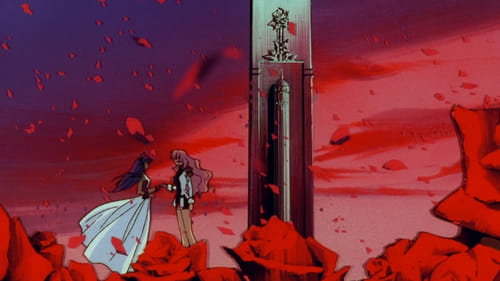
Original Music Composer
Un reservado joven de porte galante es transferido como nuevo estudiante a ingresar en la prestigiosa Academia Ohtori. Pronto se revela su verdadera identidad como Utena Tenjo, la chica que viste de príncipe en honor a sus más elevadas aspiraciones debido a cierto evento del pasado. Pero una vez en la escuela se encuentra ni más ni menos que con su antiguo amante, el misterioso presidente del Consejo de Estudiantes Touga Kiryuu, y obtiene así el mismo Emblema de la Rosa que lleva él, un singular anillo que autoriza y eleva a título de Duelista a su portador. Tan pronto Utena es desafiada a batirse en duelo contra el vicepresidente Kyouichi Saionji, actual duelista campeón, se verá estrechamente involucrada con Anthy Himemiya, la Novia de la Rosa, trofeo de los duelos que encierra en su cuerpo el tan codiciado secreto del "Poder para Revolucionar el Mundo". Adaptación reformulada de la serie de televisión Revolutionary Girl Utena.
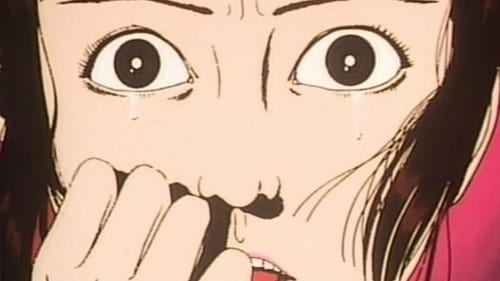
Original Music Composer
Basado en un clásico de la literatura japonesa, "La chica de las camelias" cuenta la historia de una niña desamparada que, a partir de su trabajo en una feria de monstruos, entabla una relación como asistente y amante de un misterioso mago enano. A causa de esta relación, Midori acaba confundiendo progresivamente las fronteras entre la realidad y el sueño o la pesadilla. No obstante, bajo esta apariencia surreal, subyace la trama argumental ejemplar de Maruo, muy ligada a su propia experiencia vital. Tras el abandono o asesinato de los progenitores, la protagonista ingresa a través de un maestro iniciático en una nueva familia sin lazos de sangre o, bueno, con otros lazos de sangre.
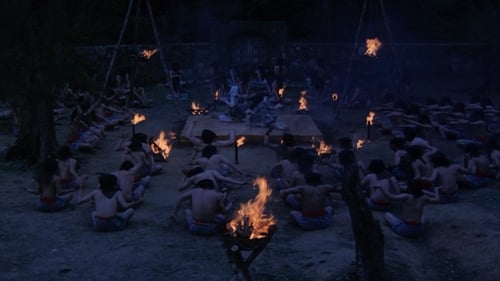
Original Music Composer
Su-e (Mayumi Ogawa) y su primo Sutekichi (Tsutomu Yamazaki), quieren vivir juntos, pero su padre les prohibe tener contacto sexual. Al igual que otros lugareños, creen que si tienen hijos primos juntos, los niños sufrirán graves defectos de nacimiento. Su remedio es escapar con Su-e. Después de algún tiempo transcurrido, los dos hacen el camino de regreso a la aldea, pero para entonces Sutekichi sufrirá los efectos de sus acciones.

Music
This is Shuji Terayama memorial performance from 1983.
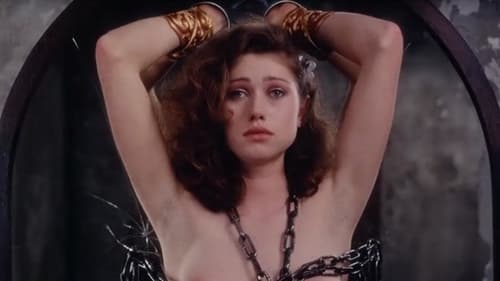
Music
Secuela espiritual de "La historia de O". “Les Fruits de la Passion” es un melodrama erótico ambientado en el Hong Kong de los años 20. Kinski, un europeo decadente con negocios en la ciudad, envía a su mujer a un burdel para profundizar en su amor física y espiritualmente. El tema de la sumisión, del sufrimiento y la ofensa que aparecían en la cinta de 1975 son retomados aquí, en cuyo burdel de fantasía se muestran viñetas de tortura, fetichismo y perversiones diversas. “O” debe renunciar a cualquier deseo para amar completamente a Sir Stephen, quien se deleita martirizándola mostrándole como ama también a otra mujer, Nathalie, interpretada por Arielle Dombasle. El trío se rompe cuando un cuarto personaje, un joven que envía flores a la bella encarcelada, se introduce entre la pareja protagonista para hacer suya a “O”.

Music
Akira is haunted by a "bouncing ball" song that he remembers his mother singing when he was a small child, and now on the verge of a sexually active adulthood, he wants to find the origins of the song. The young man ostensibly wanders into a time-warp in which aspects from his childhood and adulthood mix together. In this never-never land he comes across a beautiful woman/witch who is lost inside the labyrinth of her mansion, just as the young man is lost in the labyrinth of time — and on some levels, perhaps the labyrinth of his subconscious.

Music
Stage performance by the Tenjo Sajiki troupe.

Music
Shuji Terayama and J.A.Seazer's phantasmagoric folk-psych-symph-prog-rock opera. Historical Tenjo Sajiki performance from 1978.
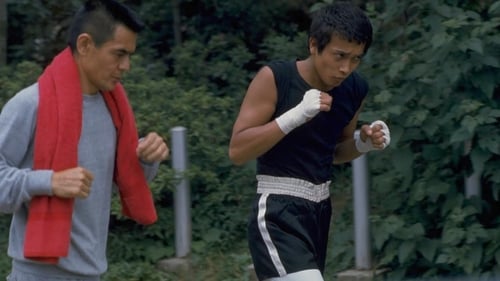
Original Music Composer
In the midst of a match, a successful boxer - Hayato, has had enough of the sport. He lets himself get knocked, quits boxing, leaving his wife and start living alone with his mangy dog. One day a young mediocre boxer knocks at the door and wants to be Hayatos apprentice.
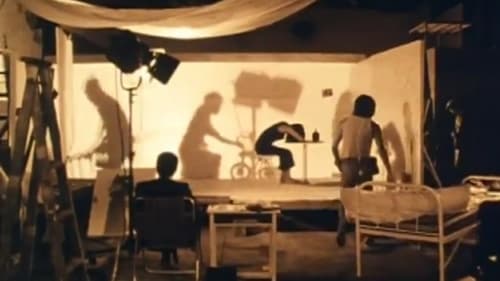
Music
As a family goes on with their day, the shadows on their walls lead a completely different life.

Music
Visions of characters by the seaside from one's memory are erased by the filmmaker's hand.

Music
Using bluescreen video techniques, Terayama playfully—and with a silent film theatricality—posits a series of postmodern vignettes featuring realities-within-realities as his protagonist attempts some kind of relationship with a nude woman on the screen-within-the-screen. In his struggles to “free” her, he exposes the absurd flimsiness, deceptiveness and mutability of both the cinema experience and our human dimension.

Music
In this Borgesian satire on knowledge and technology, bibliophilic desire leads to the construction of a pedal-powered reading machine. Resembling a combination of gymnastic contraption, printing press and early cinematic apparatus, the machine’s purpose remains ambiguous. And like this machine, Terayama’s film connects his work in poetry, motion picture and graphic design by weaving together printed and projected, still and moving images.

Music
An experimental short featuring people and nails.

Music
A group of young men go treasure hunting in the sea.
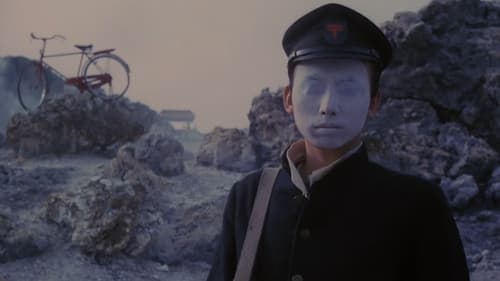
Original Music Composer
Un chico decide escapar de su casa con la mujer de su vecino porque está enamorado de ella.

Tengu Kurama
Un chico decide escapar de su casa con la mujer de su vecino porque está enamorado de ella.

Music
Originally made for the 100 Feet Film Festival hosted by Image Forum. However, to test the limits, Terayama Shūji willfully made use of 3 projectors to project 300 feet of film at the same time.

Music
An insight into the lecture "How to rule the others" given by Mr. Slobodan Cirkovic 'Roko', a well-known Yugoslav experimentalist on telepathy and hypnosis.
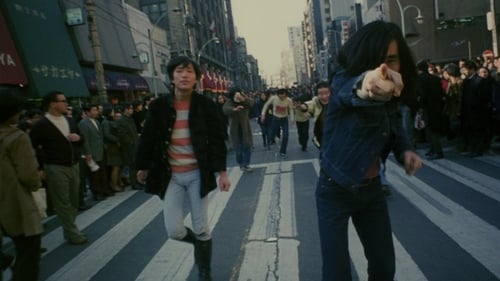
Longhaired Poet
Shuji Terayama debutó como director con este film sobre la alienación y el ansia por una revolución sociopolítica por parte de la contracultura juvenil de los 60. A través de imágenes fragmentarias el director nos narra la incertidumbre y el caos en los que se ve sumido un joven y su familia disfuncional.

Music
Shuji Terayama debutó como director con este film sobre la alienación y el ansia por una revolución sociopolítica por parte de la contracultura juvenil de los 60. A través de imágenes fragmentarias el director nos narra la incertidumbre y el caos en los que se ve sumido un joven y su familia disfuncional.
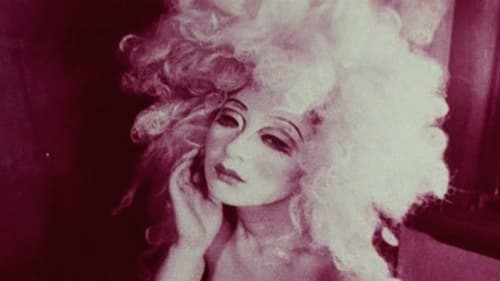
Music
In a Japanese colony, children overthrow their parental guardians and attempt to form a new society. Their plan spirals out of control and they are soon lost in a web of sexual deviation and violence.

Original Music Composer
Finished shooting in 1962, the movie’s cast was almost the same as its crew. With a bunch of experimental symbols such as skinny human body, clock and goat flow from one scene to another, the film explores the question of whether a man is a prisoner of time.











